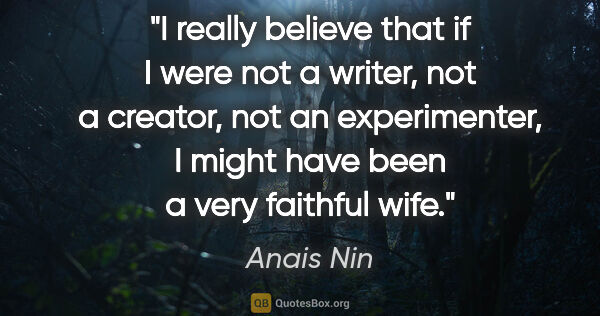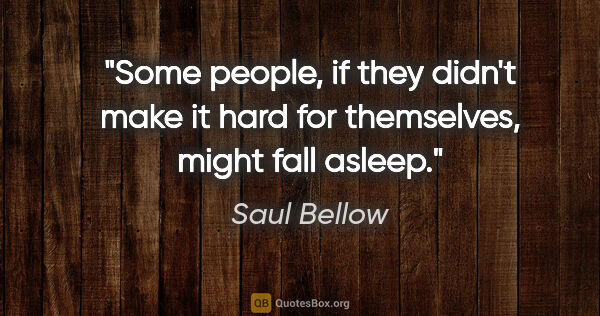Might Quotes (page 45)
But her eyes would look cold, though her voice might be gentle, and herhand when it fondled would be tentative, unwilling. The hand would bemaking an effort to fondle, and Stephen would be conscious of thateffort. Then looking up at the calm, lovely face, Stephen would be filledwith a sudden contrition, with a sudden deep sense of her ownshortcomings; she would long to blurt all this out to her mother, yetwould stand there tongue-tied, saying nothing at all.
Radclyffe Hall


When you asked me to speak about women and fiction I sat down on the banks of a river and began to wonder what the words meant. They might mean simply a few remarks about Fanny Burney; a few more about Jane Austen; a tribute to the Brontes and a sketch of Haworth Parsonage under snow, some witticisms if possible about Miss Mitford; a respectful allusion to George Eliot; a reference to Mrs Gaskell and one would have done.
Virginia Woolf
Leaving superiority out of the question, then, you might still agree to receive my orders now and then, without being piqued of hurt but the tone of command-will you?" I smiled. I thought to myself Mr. Rochester is peculiar. He seems to forget that he pays me 30 per annum for receiving his orders.
Charlotte Bronte
They had been corrupted by money, and he had been corrupted by sentiment. Sentiment was the more dangerous, because you couldn’t name its price. A man open to bribes was to be relied upon below a certain figure, but sentiment might uncoil in the heart at a name, a photograph, even a smell remembered.
Graham Greene
Elinor saw, and pitied her for, the neglect of abilities which education might have rendered so respectable; but she saw, with less tenderness of feeling, the thorough want of delicacy, of rectitude, and integrity of mind, which her attentions, her assiduities, her flatteries at the Park betrayed; and she could have no lasting satisfaction in the company of a person who joined insincerity with ignorance; whose want of instruction prevented their meeting in conversation on terms of equality,...
Jane Austen
The utilitarian behaves sensibly in all that is required for preservation but never takes account of the fact that he must die...His whole life is absorbed in avoiding death, which is inevitable, and therefore he might be thought to be the most irrational of men, if rationality has anything to do with understanding ends or comprehending the human situation as such. He gives way without reserve to his most powerful passion and the wishes it engenders.
Allan Bloom



